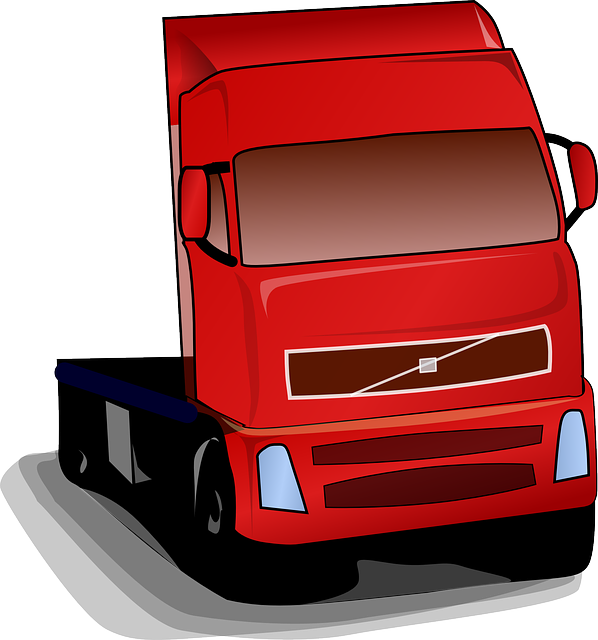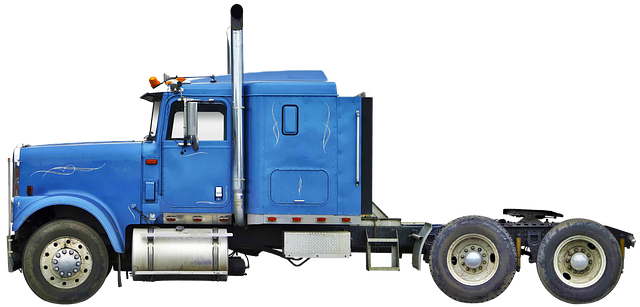Small businesses with multi-truck operations face challenges in managing cargo insurance due to complex operations, compliance issues, and manual processes. Digital solutions revolutionize policy administration by automating data processing, simplifying document management, and offering secure online access to policies and claims. These platforms enhance convenience, speed up claim reimbursements, and enable real-time tracking, data analytics, and seamless communication for better risk management. Implementing streamlined digital systems benefits both insurers and small businesses by reducing errors, speeding up settlements, improving transparency, and facilitating informed risk mitigation decisions.
In today’s dynamic logistics landscape, managing multi-truck policy administration for small businesses can be a complex, time-consuming task. With increasing operational demands and rising costs, navigating the intricacies of cargo insurance becomes a significant challenge. This article explores how leveraging technology can revolutionize this process, offering efficient solutions to streamline multi-truck policy management for small businesses, ultimately reducing costs and simplifying cargo insurance administration.
Understanding Multi-Truck Policy Administration Challenges for Small Businesses

Small businesses involved in multi-truck operations often face significant challenges when it comes to policy administration, particularly in managing cargo insurance. The complexities arise from the diverse nature of their operations—multiple trucks, varying routes, and a wide range of cargo types. This presents several issues for traditional policy management methods, which are often manual and time-consuming.
For instance, keeping track of individual trucker policies, ensuring compliance with regional regulations, and promptly updating coverage details can be cumbersome. Moreover, the need for specialized cargo insurance that caters to unique shipping needs adds another layer of complexity. These challenges not only hinder operational efficiency but also increase the risk of errors, late renewals, or gaps in coverage—all of which have financial implications for these small businesses.
Leveraging Technology to Simplify Processes and Reduce Costs

In today’s digital era, leveraging technology is transforming the way small businesses manage their operations, and policy administration for cargo insurance is no exception. By implementing streamlined digital solutions, insurers can significantly simplify processes and reduce costs associated with traditional methods. Automated data processing, for instance, speeds up claim assessments and decision-making, ensuring faster reimbursement for clients.
Furthermore, technology enables efficient document management, eliminating the need for extensive paper trails. Digital platforms facilitate secure sharing and storage of policies, claims, and relevant paperwork, enhancing accessibility and reducing administrative overhead. This shift to digital not only benefits insurers by optimizing resource allocation but also offers small businesses more control and convenience when managing their cargo insurance needs.
Digital Solutions for Efficient Cargo Insurance Management

In today’s digital era, technology offers a myriad of solutions to streamline processes for small businesses, especially in the realm of cargo insurance management. Online platforms and software applications specifically designed for this purpose enable real-time tracking, efficient claim processing, and quick access to policy details. By utilizing these digital tools, small business owners can bid farewell to manual paperwork and laborious data entry tasks, enhancing overall operational efficiency.
For cargo insurance, digital solutions provide an innovative approach to risk management. These platforms allow for seamless communication between insurers, brokers, and clients, ensuring that everyone is on the same page regarding policy terms and conditions. Furthermore, advanced data analytics capabilities can help identify patterns in claims, enabling better risk assessment and more tailored insurance plans for small businesses dealing with diverse shipping needs.
Implementing and Benefitting from Streamlined Multi-Truck Policies

Implementing streamlined multi-truck policy administration brings significant advantages for both insurers and small businesses operating fleets. By digitizing and centralizing policy management, insurance providers can reduce manual errors and processing times, ensuring faster claim settlements. This efficiency gain is particularly beneficial for cargo insurance, where time-sensitive claims require swift response.
For small businesses, streamlined policies offer better transparency into their insurance coverage. They can easily track policy details, manage risks, and access real-time data on their fleet’s performance. This empowers business owners to make informed decisions about risk mitigation strategies, leading to cost savings and improved operational resilience.
By leveraging technology to streamline multi-truck policy administration, small businesses can significantly reduce operational costs and improve efficiency in managing their cargo insurance. Digital solutions offer a streamlined approach to processing claims, tracking policies, and accessing relevant data, making it easier for businesses to navigate the complexities of multiple truck policies. This shift towards digitalization is a game-changer, ensuring that small businesses can compete effectively while maintaining robust cargo insurance management practices.
